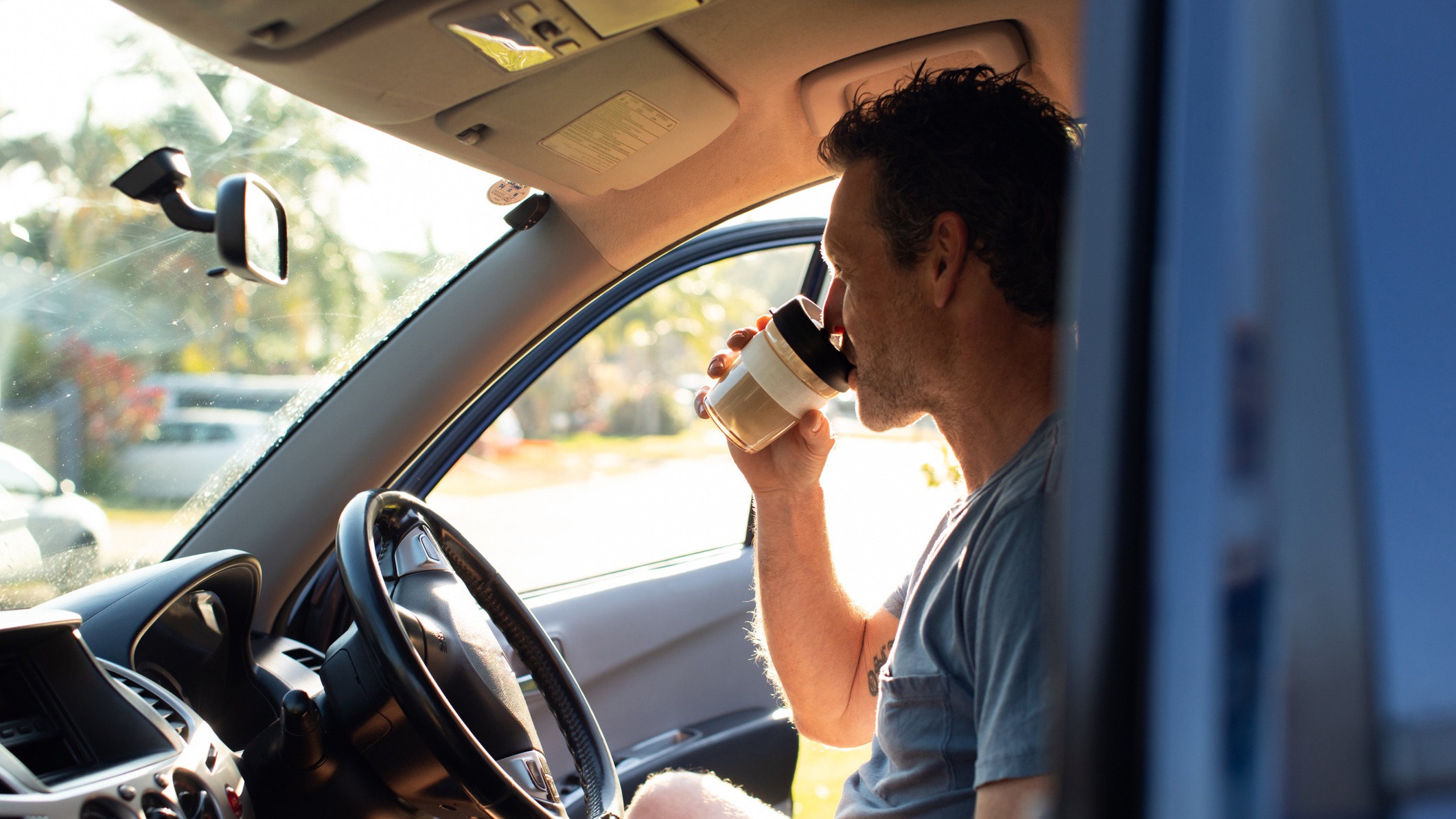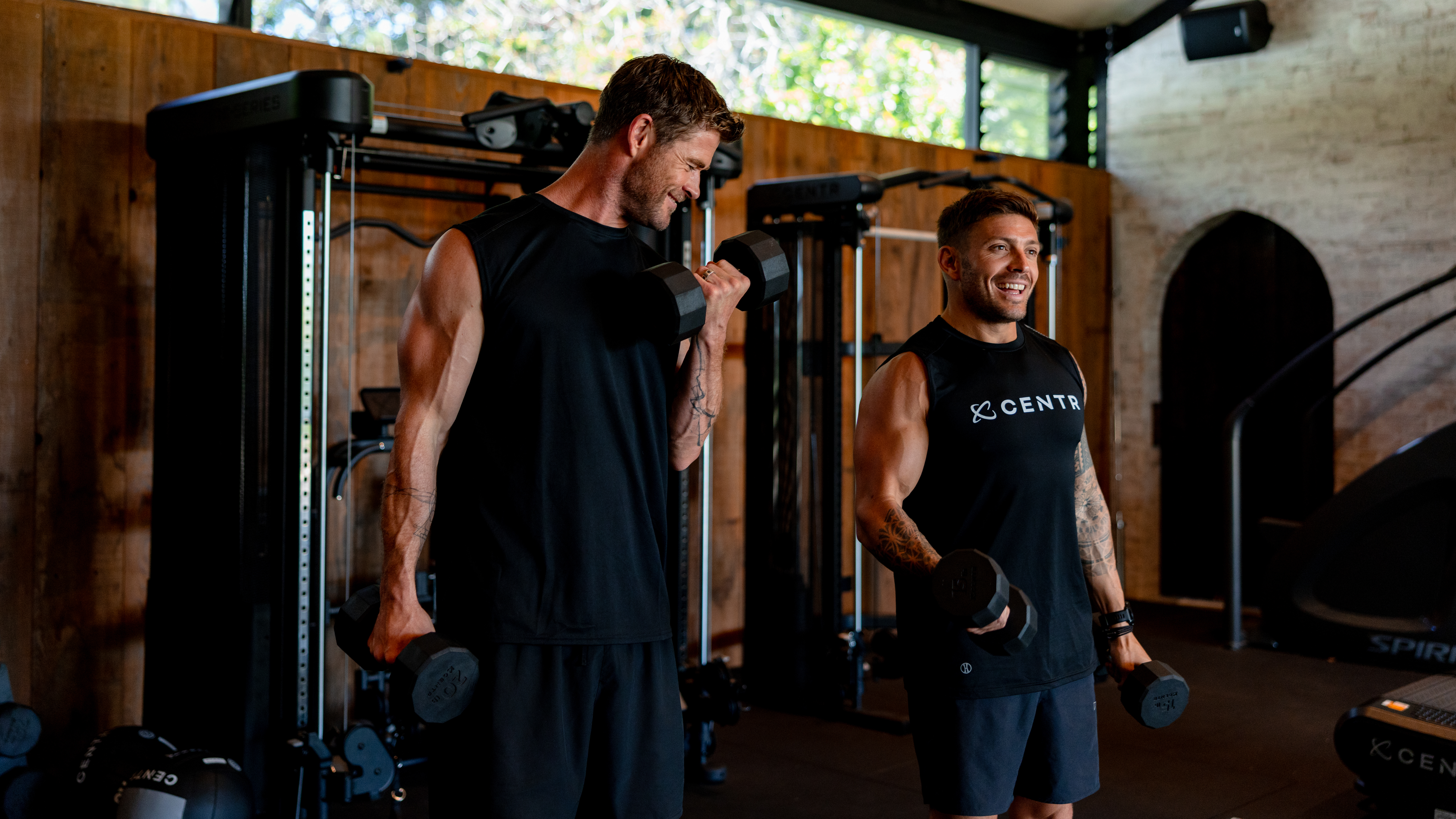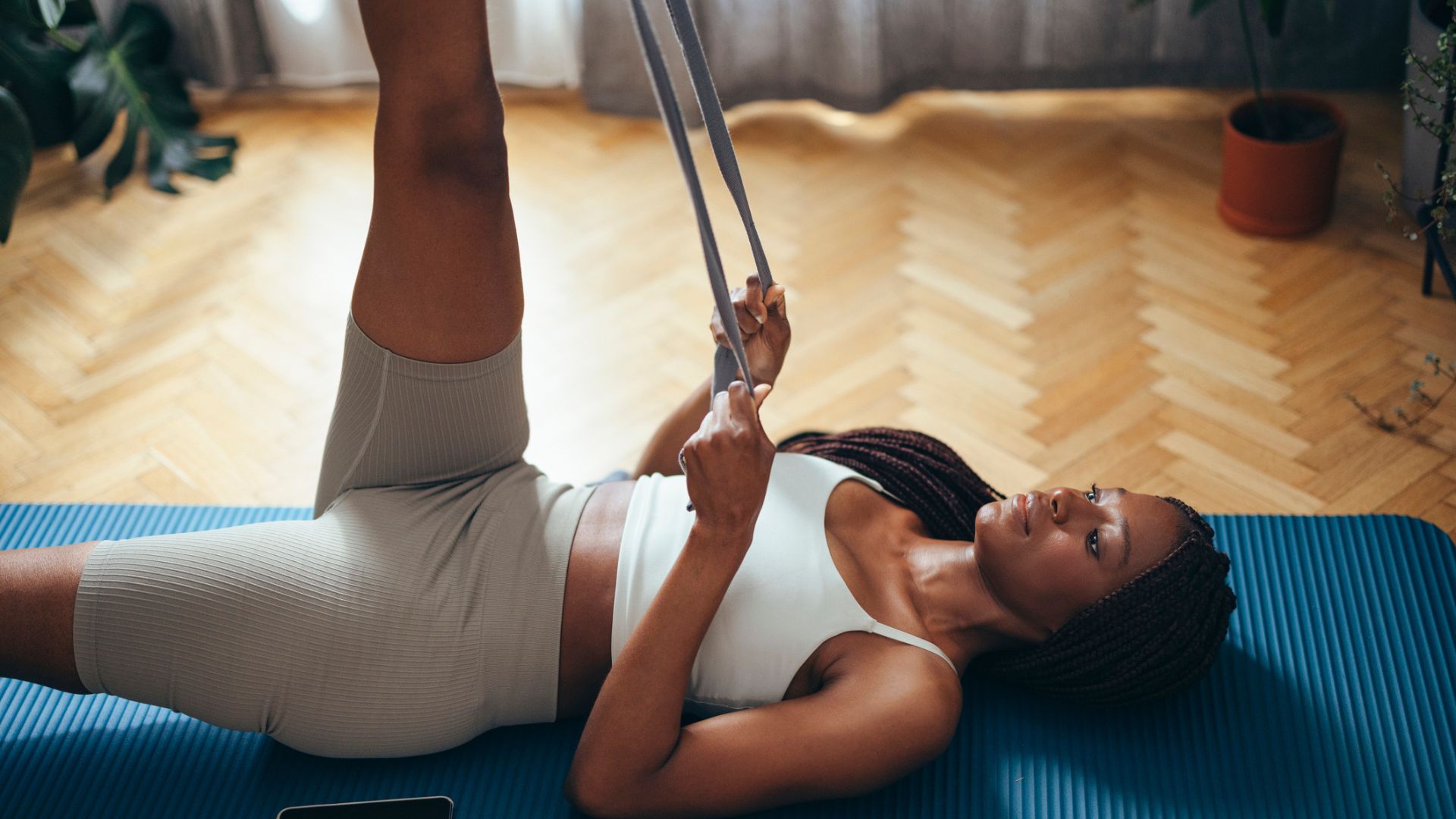What happens if you wake up at 5am every day for 30 days? This guy tried it
This YouTuber tried waking up at 5am for 30 days, to test the effect it would have on productivity, fitness and relationships


Early risers are glorified as hustlers and hard workers. When we're so busy during the 9 to 5, getting up early and getting a head start on the day seems like a great idea: we'll have time to get a coffee, exercise, and with no-one else around, it's easier to get work done. However, getting up at 5 in the morning is easier said than done: after all, in order to get proper sleep, you need to go to bed early as well.
There is some science to recommend the practice: one study by Japanese researchers found early rising children are healthier and more active than those who get up late. Another study found exposure to bright light early in the morning was several times more effective than antidepressants, which you can do with a sunrise alarm clock. These devices will wake you up with sun-simulating light first thing – check out our best sunrise alarm clocks guide for more information. Other anecdotal evidence suggest you get more work done, you exercise more, and you become happier, healthier and wealthier as a result.
Fitness YouTuber Browney decided to put these claims to the test. Can you really develop a better morning routine, become more productive and exercise more just by adjusting your body clock? Check out the video below, in which Browney dives deep into how it all works and takes on the 30 day 5am challenge:
Benefits - productivity, better morning routine, time to exercise or go for a walk. Doesn't feel like a new person, disrupted routines on holiday and on weekends.
Watch this YouTuber wake up at 5am every day:
Browney found a slew of benefits. He began each day with cardio, getting his steps in either outside or on the best treadmill. Aerobic exercise before breakfast (better known as "fasted cardio") is thought to help us shed fat, as one review of studies found that "exercise in a fasting state decreases body weight, free fat mass and fat mass". This is because we have no food in our system to burn, so the body harvests fat for fuel. Getting up and exercising before breakfast can help us lose weight.
Browney also found an extra few hours of uninterrupted work early in the mornings, with no need to check his phone or stop to talk to anyone. After all, who are you going to talk to at 6am? He also found he developed a more consistent morning routine, drinking more water and taking cold showers.
However, it wasn't all good: Browney struggled to fit his life around his new regime. With soccer training that didn't finish until late at night a few times a week, a girlfriend and a two-day family holiday in the middle of the challenge, getting enough sleep was a struggle at times – resulting in several missed days. In his own words, "if I only sleep for five or six hours, I feel like shit".
Get the Fit&Well Newsletter
Start your week with achievable workout ideas, health tips and wellbeing advice in your inbox.
Ultimately, getting up earlier is beneficial in most cases. You get uninterrupted time to exercise and create a morning routine - at the expense of your evenings or sleep on weekends and holidays. Our verdict? It's beneficial being an early riser on normal days, but the occasional lie-in or late night certainly won't hurt.
Matt Evans is an experienced health and fitness journalist and is currently Fitness and Wellbeing Editor at TechRadar, covering all things exercise and nutrition on Fit&Well's tech-focused sister site. Matt originally discovered exercise through martial arts: he holds a black belt in Karate and remains a keen runner, gym-goer, and infrequent yogi. His top fitness tip? Stretch.
-
 Build blockbuster arms and abs with Chris Hemsworth's go-to dumbbell circuit
Build blockbuster arms and abs with Chris Hemsworth's go-to dumbbell circuitAll you need are adjustable dumbbells and 20 minutes
By Sam Rider Published
-
 Forget crunches—if I wanted to improve core strength I'd do this neck-friendly Pilates workout
Forget crunches—if I wanted to improve core strength I'd do this neck-friendly Pilates workoutAnd it takes just five minutes
By Maddy Biddulph Published